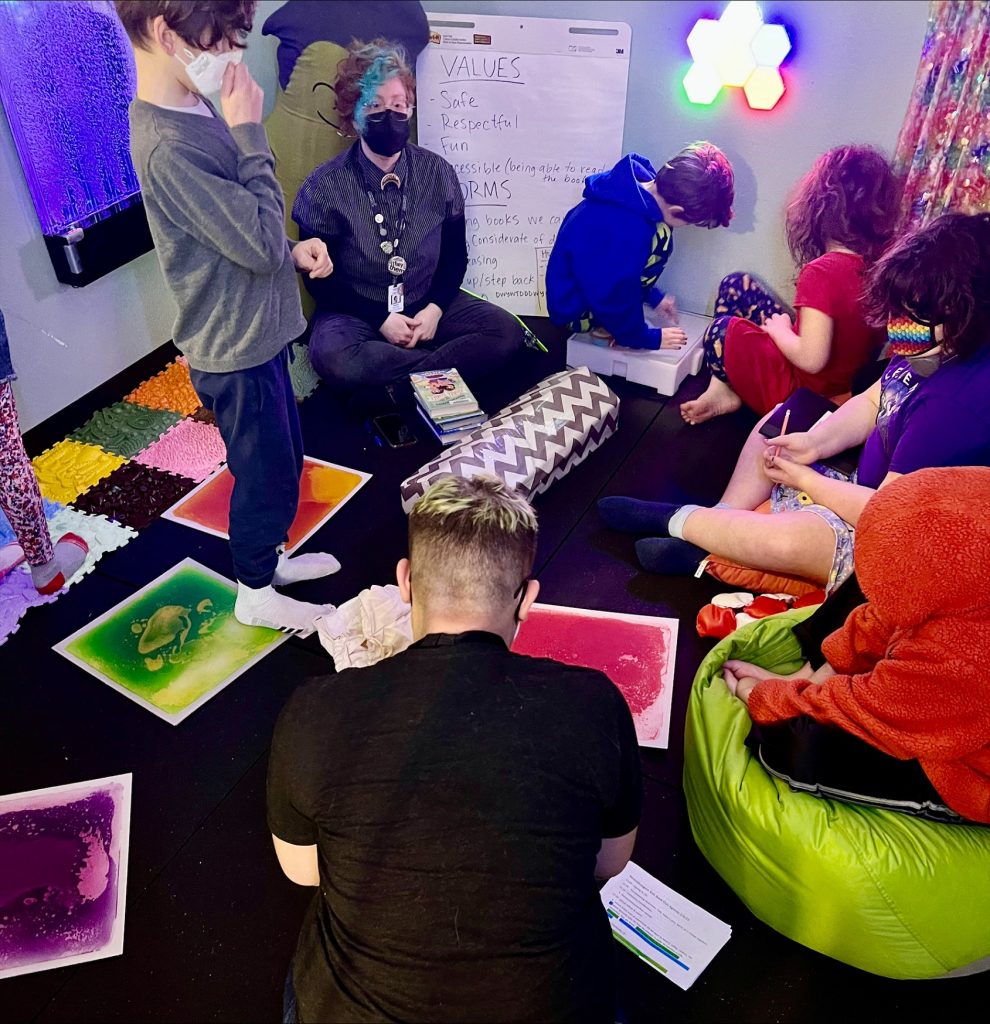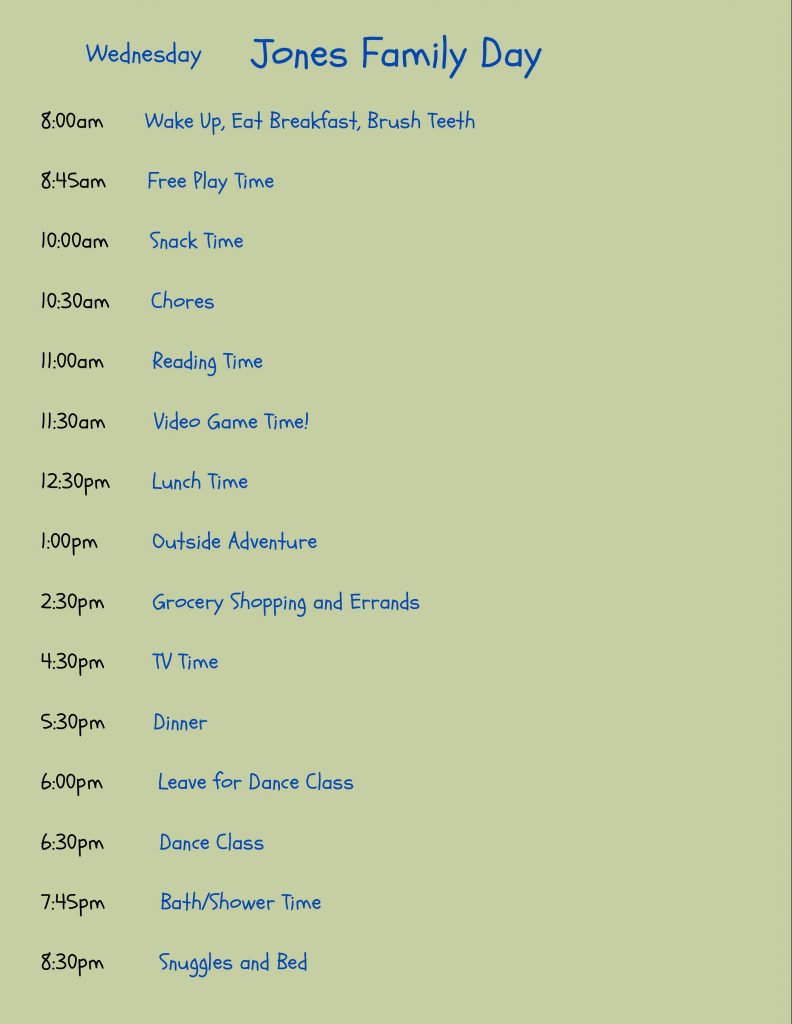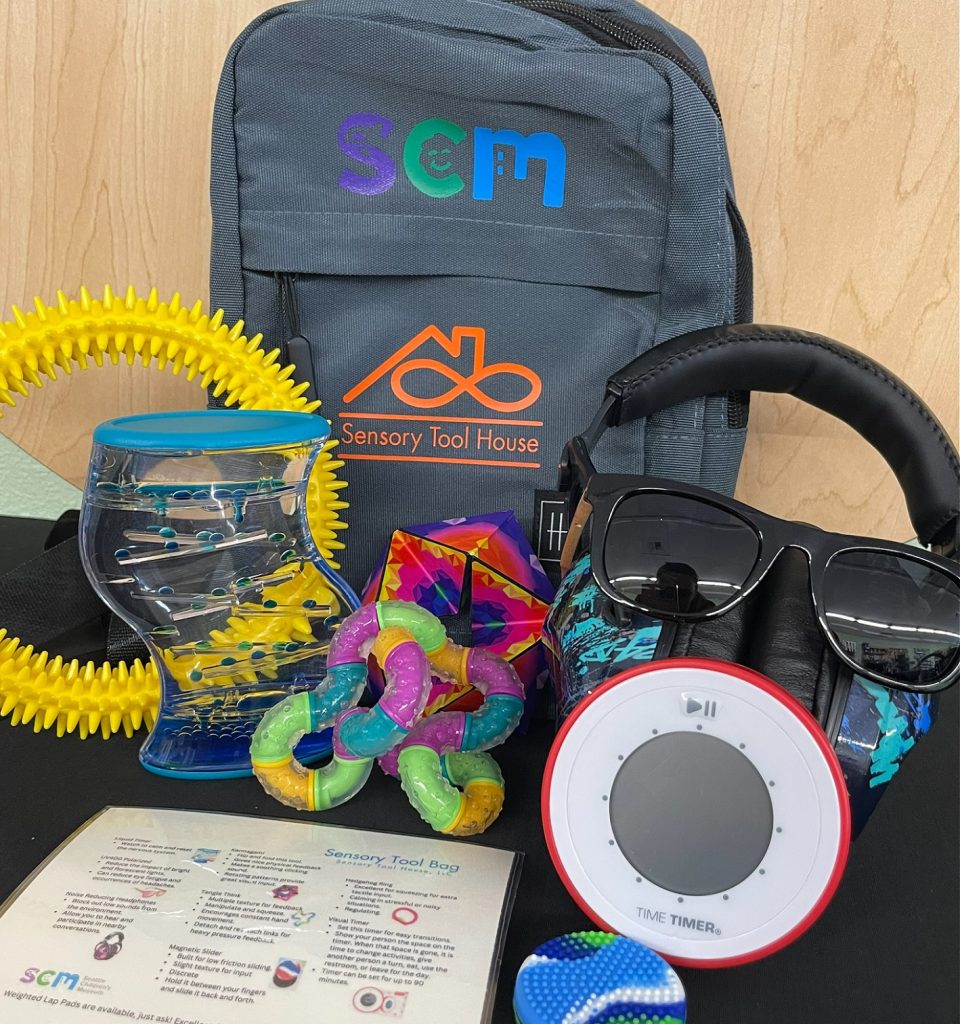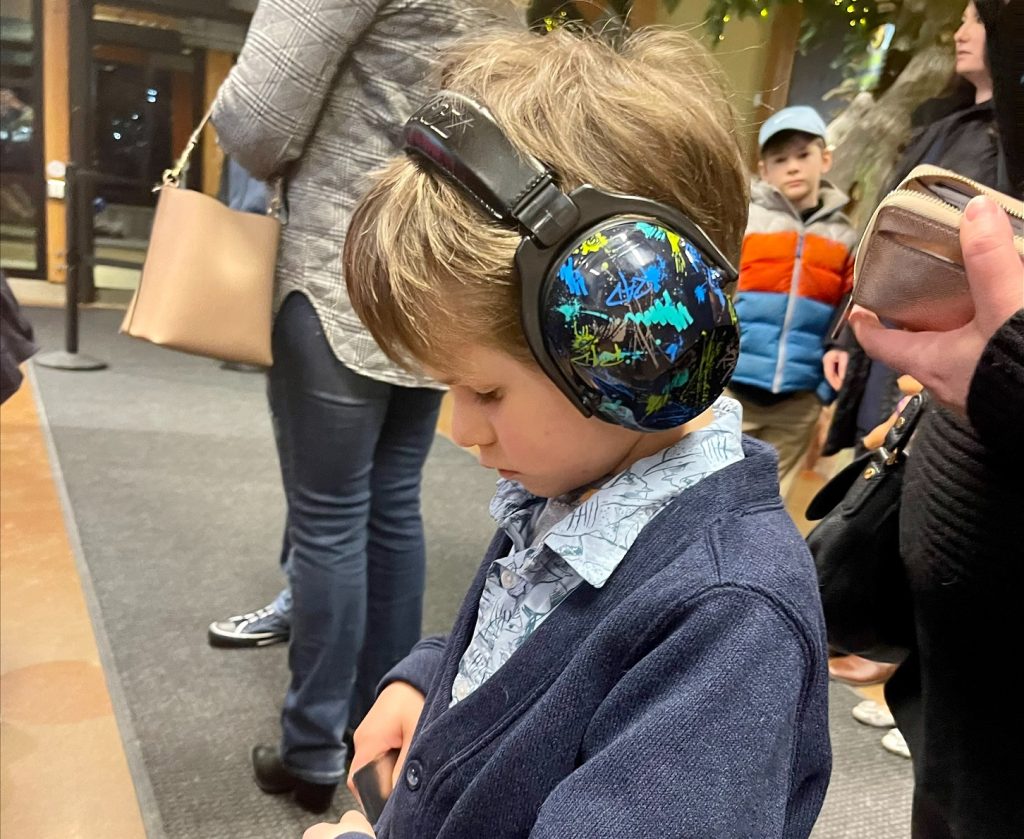Spring Break can be a wild and woolly time. Kids are feeling springtime in the air and have an entire week to get their wiggles out. But for the neurodivergent and easily over-stimulated, Sensory Tool House offers ways to keep things manageable, yet still fun. They want to make your spring break a great time for everyone, whether spent at home or adventuring on the road.
Mindful Spring Break Planning and Activities
Sensory Tool House founder Katie McMurray understands that holidays and school breaks – while amazing opportunities to explore, play, relax and travel – can be difficult for some folks. Neurodivergent and mom of three neurodivergent kids herself, she’s experienced the highs and lows that arise from changes to the norm, including travel or holiday excitement.

“School breaks can be triggering for some children and caregivers due to loss of routine,” says McMurray. “During school, we have a routine that involves sleep and eating patterns, along with expectations throughout our day. When these disruptions happen, our bodies can react in a variety of ways and often we don’t make the connection to why.”
There’s also a physical pattern that comes with the school day. “When in school, kids of all ages are engaged in many activities that move their bodies, provide socialization, structured routine for executive functioning support and more,” McMurray explains. “When these things disappear, individuals can become lost in their bodies. They may not remember how to engage themselves in an activity or forget where items are that they once enjoyed because there has not been time to play in the busy school schedules. Setting out safe and engaging activities throughout the week can help remind them what is available.”
Ways To Tackle Spring Break at Home
To help you or your loved one tackle the break, McMurray suggests providing a stable routine at home including a laid-out chore chart and mealtime calendar. Rotate toys, in a closet or drawer for example, so they are out of sight/out of mind. This keeps them fresh and new. Set times for as many things as much possible so everyone knows what’s expected and still to come.

Parents and caregivers should understand, says McMurray, that to neurodivergent kids time can be very abstract. For example, when telling a child or adult something will change in five minutes may seem normal, it can feel very different for many. She suggests a visual timer and detailed calendar for help mitigating arguments, taking turns, transitions and doing unwanted tasks that feel like they will last forever.
If you’re planning a laid-back week, consider finding activities that include heavy work, says McMurray. Things that push and pull against the body help regulate behaviors and support sensory systems, make the body feel centered and engage our proprioception sense or body awareness. Make an obstacle course, carry buckets of water, push a wagon or have your loved one help with chores.
Ways To Tackle Spring Break on the Road
Traveling is stressful for all of us these days. But neurodivergent folks often have extra sensitivities making it even more difficult. McMurray suggests packing a travel bag with new items for the plane or car. Include sunglasses for overly bright environments and noise reducing headphones. A weighted lap pad or plush toy along with a few fidget toys are great too. “Sensory Tool House has a tool bag that is great for travel,” she says, “and supports a variety of sensory needs.”

Many tourist destinations are now incorporating similar tools into their experience. “When visiting museums or family recreation locations,” says McMurray, “call and ask how they support sensory and anxious visitors. Many have started to implement social stories, sensory tool bags, headphones and other supports.” She says that LEGOLAND offers sensory support and Seattle Children’s Museum is introducing tool bags and social stories. Olympia’s Puget Sound Estuarium is developing sensory supportive space, and Hands On Children’s Museum and Timberland Regional Libraries are also incorporating tools to help.

Sensory Tool House is Here for You
Whatever you or your loved one need, McMurry and the team are here for you. Because, at the end of the day, says McMurray, “Sensory systems are a human condition. We all have them. We all regulate, but for some it can be more difficult. And for others, it can be situational. Caregivers know how easy it is to become overwhelmed when the kids are home from break because they feel the same.”
Consider attending a hosted event like toddler playtime on Mondays, and partner for book club with Timberland Regional Library and art sessions with the Hands On Children’s Museum. You can also book sensory-friendly birthdays or reserve their community room for your group, class or workshop.
They’ll also participate in Math for Life through the Thurston County Chamber from Saturday, March 25 through Sunday, April 9. Drop by to visit the shop Tuesday through Friday from 10:30 a.m. until 6:30 p.m. and Saturday from 11 a.m. until 6:30 p.m. The store is closed on Sundays and Mondays for special events.
Spring break is a time meant for recharging our batteries. Let Sensory Tool House provide the tools you and your family need to enjoy every minute of it.
Sponsored


















































